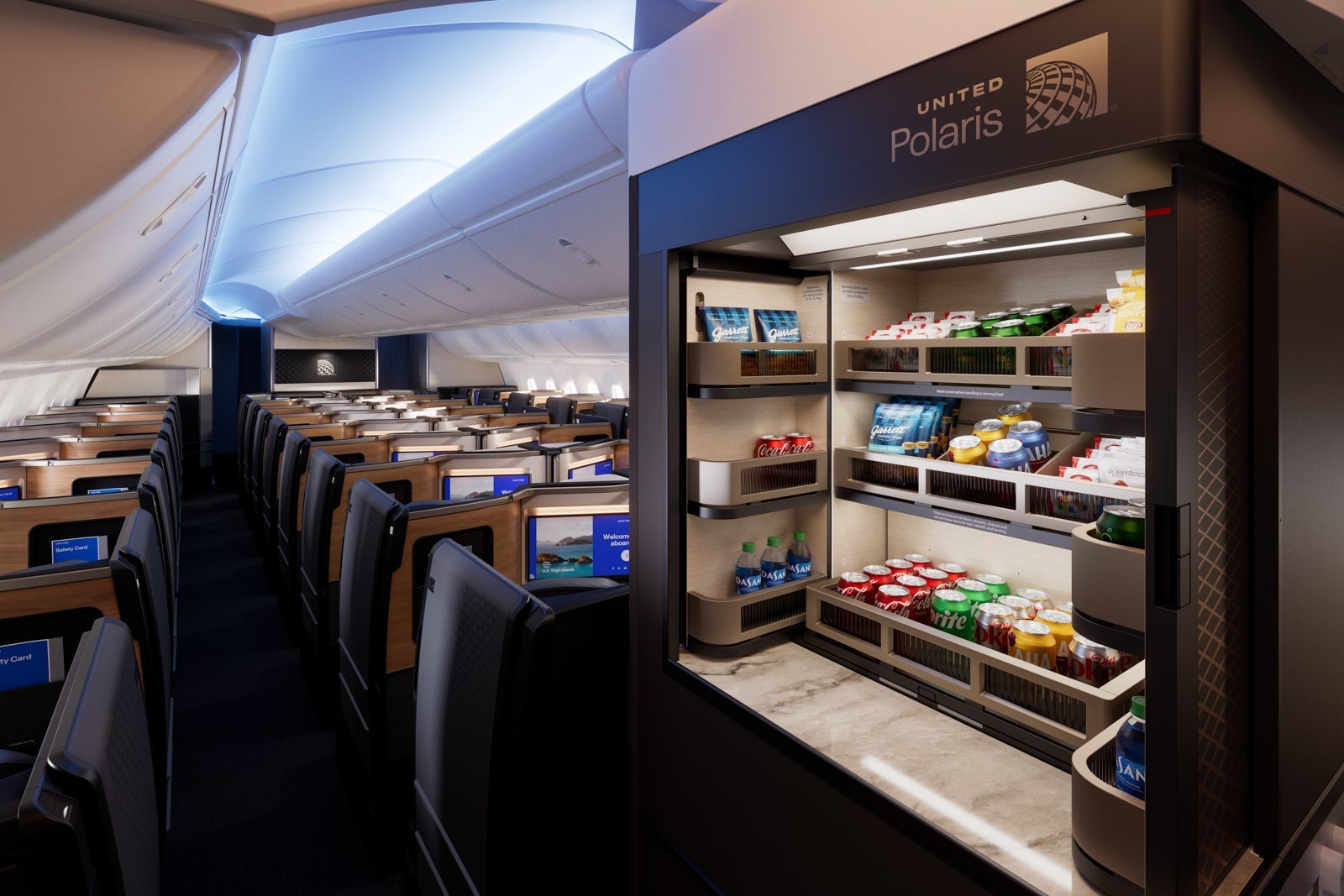The allure of airline elite status is strong, promising a smoother, more rewarding travel experience. But for those already enjoying perks like free checked bags and priority boarding through a United Quest Card, a question arises: what does elite status truly add to the equation?
It’s a common dilemma. Many travelers find themselves close to achieving United Airlines Premier Silver status, wondering if the effort is worth it when their credit card already provides significant benefits. The answer lies in understanding the distinct advantages of each path – status versus card – and determining which aligns best with your travel habits.
United’s MileagePlus Premier program is designed to reward consistent loyalty. The more you fly and spend with United, the more exclusive benefits unlock, from complimentary upgrades and bonus miles to preferred seating and dedicated services. Qualification requires meeting specific thresholds based on Premier qualifying flights (PQFs) and Premier qualifying points (PQPs), earned through flying or card spending.

However, United recently increased qualification thresholds for 2025 and 2026, meaning maintaining your current tier will require more flying or spending. Once earned, status is valid for the remainder of the current year, the following year, and through January 31st of the year after that. Qualifying early maximizes the duration of your benefits.
Premier Silver, the first tier, requires 6,000 PQPs or 15 PQFs plus 5,000 PQPs. Perks include one free checked bag (three in premium cabins), priority boarding, complimentary Economy Plus access (including a companion), and complimentary domestic upgrades on the day of departure. It also unlocks Star Alliance Silver status and Avis Preferred Plus benefits.
Moving up to Premier Gold (12,000 PQPs or 30 PQFs plus 10,000 PQPs) adds a second free checked bag, priority boarding, complimentary Economy Plus access at booking (with a companion), upgrades up to 48 hours before departure, Star Alliance Gold status (including international lounge access), and Marriott Bonvoy Gold Elite status.

Higher tiers, Platinum and 1K, offer even more substantial benefits, including increased upgrade priority, complimentary Economy Plus access for larger groups, and significant bonus miles. But these benefits come with increasingly demanding qualification requirements.
Beyond the tangible perks, elite status provides a layer of convenience. Access to the Premier Priority Desk offers faster rebooking during disruptions, while complimentary Economy Plus seating provides extra comfort, especially on long flights. Upgrade opportunities, though not guaranteed, remain a valuable benefit.
United credit cards, on the other hand, offer a more immediate path to travel perks. Cards provide benefits like free checked bags, priority boarding, and expanded award availability, potentially saving hundreds of dollars annually. These advantages are valuable even for infrequent flyers.

The United Gateway Card offers two free checked bags after $10,000 in annual spending, while the United Explorer Card provides one free checked bag and two United Club one-time passes. The United Quest Card, with its $350 annual fee, delivers two free checked bags, priority boarding, $200 in annual United TravelBank cash, and a discount on an annual award flight.
The United Club Card, at $695 annually, includes a United Club membership and Premier Access travel services. United Business cards offer similar benefits tailored for business travelers. Select cards also include valuable trip protection and primary rental car coverage.
Crucially, United cards contribute to earning PQPs through spending, helping cardholders move closer to elite status. The United Quest Card, for example, often offers a substantial PQPs bonus with new account openings.

A significant advantage of United cards is expanded award availability. Cardholders gain access to Saver awards – the best value for your miles – that are often unavailable to non-cardholders and non-elite members. This can translate into substantial savings over time.
The overlap between status and cards is significant. Both offer checked bag benefits, priority boarding, and improved award availability. For many travelers, these shared perks cover the majority of their needs.
However, the key differences lie in upgrades, bonus miles, alliance benefits, and operational priority. Elite status unlocks complimentary upgrades on flights, higher mileage earning rates, Star Alliance recognition (including lounge access), and access to the Premier Priority Desk for faster assistance during disruptions.

Cards focus on convenience, while status delivers recognition and access. Ultimately, the best choice depends on your travel patterns and priorities. If you fly United frequently and value upgrades, lounge access, and priority treatment, pursuing elite status is worthwhile.
If you fly United only occasionally and prioritize predictable benefits and built-in protections, a United credit card offers consistent value. Many travelers benefit from a combination of both, using a card to earn miles and PQPs while working towards elite status.
Status rewards loyalty, while cards reward spending. Carefully consider your travel habits and what you value most to determine whether elite status, a credit card, or a combination of both is the right fit for you. The path to a more rewarding travel experience is a personal one.







